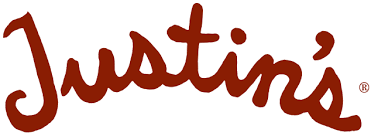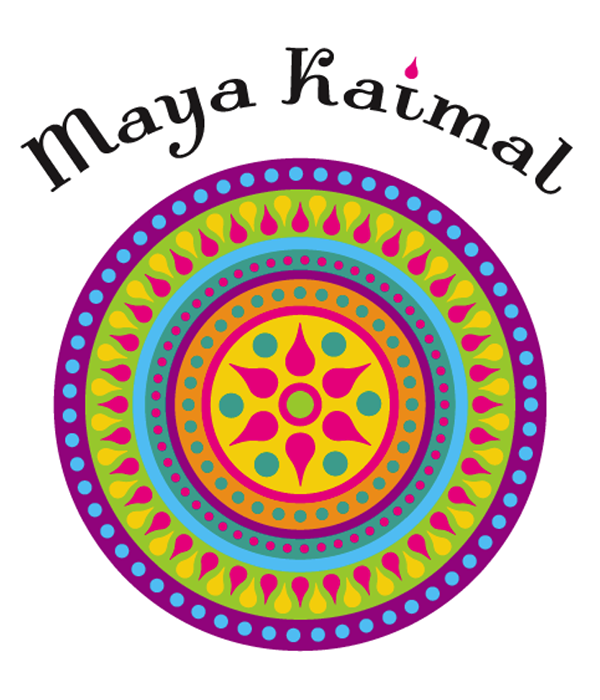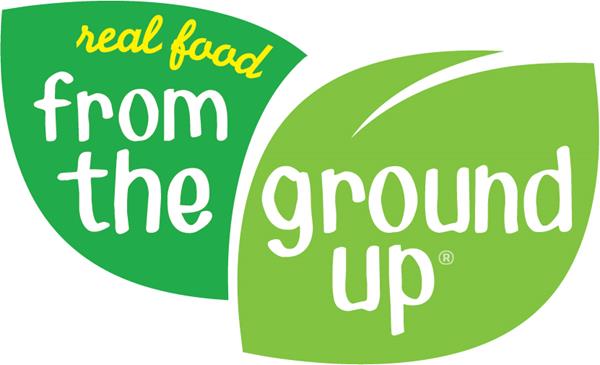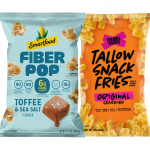Expo West: “What’s Next?” Looms Large

Dogged by key cancellations from retailers and big brands, followed by social media protests before yesterday postponing Natural Products Expo West, its biggest event of the year, 48 hours before it was due to begin, New Hope Network today put the big question front and center:
“What’s next?”
That question, posed in a statement from New Hope at 5:30 today, is being asked by the event’s exhibitors, attendees and City of Anaheim partners, showing the ongoing chain of uncertainty that remains, even after the company handled its toughest decision— postponing the show, on Monday night.
Upon cancelling yesterday, the company stated it intends to follow up with a Natural Products Expo West event “by the summer,” but today addressed the difficulties that may arise. The continuing virus is a moving target, along with the potential loss of faith from some conventioneers upset that New Hope waited until just before the event to cancel. Additionally, there’s competition from other events scheduled in the city, combined with the massive amount of work it takes to stage an event this size (85,000-attended Expo West 2019.)
“We are evaluating options and feasibility for this event, while also recognizing that we must keep a close eye on the COVID-19 situation,” New Hope noted. “Twelve to 24 months of planning go into a typical Expo event, so determining what we can successfully execute on this year is one of our top priorities. We will share news on this with you as soon as we are able.”
It’s not easy to reschedule an event of this size. On the civic front, the show is Anaheim’s second biggest, according to Michael Lyster, chief communications officer of the City of Anaheim. The largest is the National Association of Music Merchants (NAMM) which held 115,000 attendees in January — when Coronavirus coverage was first covered in the media, Lyster noted.
Lyster said the city was ready to work with New Hope to reschedule. However, the massive Anaheim Convention Center already has some other events booked, and the new Expo West may have to roll with a less-than-ideal situation, potentially with another event taking place simultaneously in another part of the convention center.
One positive note for fitting in Expo West, however: according to Lyster, the new event will likely be smaller than originally planned anyway.
“When you reschedule a show, and we’ll have to look at if that’s good for everyone to do so, it’s a fair presumption that it’s not going to be as big as it would have been,” he said. “You’re naturally going to have some folks that can’t make a rescheduled show.”
Safety vs. Revenue
The rescheduling, the lost revenue, the pressure to refund and the uncertainty around what happens next may seem burdensome — but the cancellation was the best move, note crisis management experts.
“My opinion is that considering the many conferences that are being cancelled and/or delayed on a daily basis due to concerns about the coronavirus, the reputation of the conference holder will not suffer much damage,” said Leslie Gaines-Ross, the Chief Reputation Strategist-in-Residence for communications agency Weber Shandwick. “There is greater damage if a conference is held with disregard for the health and safety of the attendees, sponsors and speakers, and local community concerns where the conference is being held.”
Robert Vorhaus, founder and CEO of reputation and crisis management firm Vorhaus Communications, and a 30-year communications advisor, noted that New Hope’s reputation was on the line — and the company needed to weigh a worst-case scenario versus the financial hit.
“Say you don’t bow to pressure, and something terrible happens,” Vorhaus said. “Then you have a reputational hit that stays with you forever.”
Canceling, meanwhile, meant staying safe. In situations such as this, Vorhaus’ executives consider “what is the worst that could happen and how do you mitigate that,” he said, noting that the spread of the virus “is a real event.” If Coronavirus cases emerged from attendees after the event, the situation would likely spin out, he added.
“If you went ahead and went forward [and a series of illnesses came out of the event] it would be all over the media,” he said.
As it stands now, New Hope’s leaders have offered help to deal with the postponement, which they restated today, with efforts including a $5m fund to reimburse entrepreneurs and small businesses that were scheduled to attend.
“New Hope—with the support of our parent company, Informa—intends to work with all our exhibitors and attendees on future credits and support, with a particular focus on the many exhibiting entrepreneurs and small businesses who are the heartbeat of this community,” the statement said. “We are working through what this will look like for each of our exhibitors or attendees, and we are committed to listening to you as we determine next steps.”
The Katrina Example
Bob Hughes has had to work through this kind of mess as well. Hughes, the VP of supplier relations and expositions for National Association of Convenience Stores (NACS), was part of the team that had to find a new location for the massive NACS Show, which had been scheduled to be held in New Orleans in October, 2005.
Hurricane Katrina hit the city that August, and damage from the storm continued to spiral out of control for weeks afterwards, leaving the NACS team waiting to eventually be told they could not hold the event. As soon as the organization was informed by the city of New Orleans that the event could not run — about a week before it was scheduled — NACS immediately offered refunds to retailers and exhibitors and saw 35,000 of the show’s allotted 350,000 square feet disappear, Hughes told NOSH.
NACS eventually was able to resell 33,000 square feet of the lost space for a rescheduled event in Las Vegas that November. Overall, attendance dropped only about 7%, he noted, and although it was closer to Thanksgiving, 22,350 people attended. NACS had previously held its show in Las Vegas in 2001 — the first of such events to run in the city after 9/11, Hughes added.
One lesson for New Hope in the upcoming weeks: the NACS team itself proved to be a powerful tool in making the rescheduled show a success — “turning over every rock” between registration, vendors and marketing, Hughes explained. While communicating was the top priority, the good old telephone played a large role, he added.
“We were answering the phone and being as honest as we could — there was a sincerity,” he said. “The thing I’m happy with is that the team didn’t crack and we really showed the value of our extended [NACS] family.”
The Path Ahead
Expo West isn’t the only mass commercial gathering unsure how to proceed in the face of the virus outbreak: by the time New Hope postponed the event, several other domestic and international events had already been canceled.
Still other industry events are already considering what to do next. The path of the virus is unclear as more tests are underway this week. Another upcoming industry trade show, Sweets and Snacks, last week posted an announcement regarding Coronavirus, noting that as of February 27 no companies from China will exhibit at the show in May.
Moving forward, the National Confectioners’ Association (NCA), which produces the show, will evaluate how to proceed with companies from other regions impacted by Coronavirus. The show is scheduled for May 19-21 at McCormick Place in Chicago. Yesterday, that venue saw a cancellation of its own from the Inspired Home Show, which was slated to host about 60,000 attendees March 14-17.
With uncertainty still underlying any immediate decision, New Hope itself has started assessing the possibility of its next event this year, Expo East, picking up some of the slack.
For any rescheduled event, however, NACS’ Hughes has a little advice: Although not every detail can be perfectly reimplemented, he said, “just being excellent” will do just fine.
Of course, ‘excellent’ is subjective. In responding quickly to postpone the NACS show, Hughes remembers the best piece of advice he received: “If you can cut a corner and have it not be noticed, do it.”
Carol Ortenberg and Jeff Klineman contributed to this story.
























